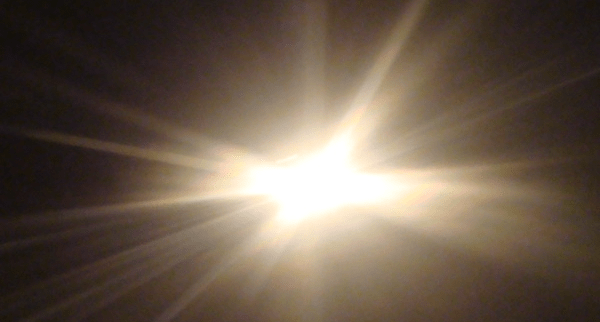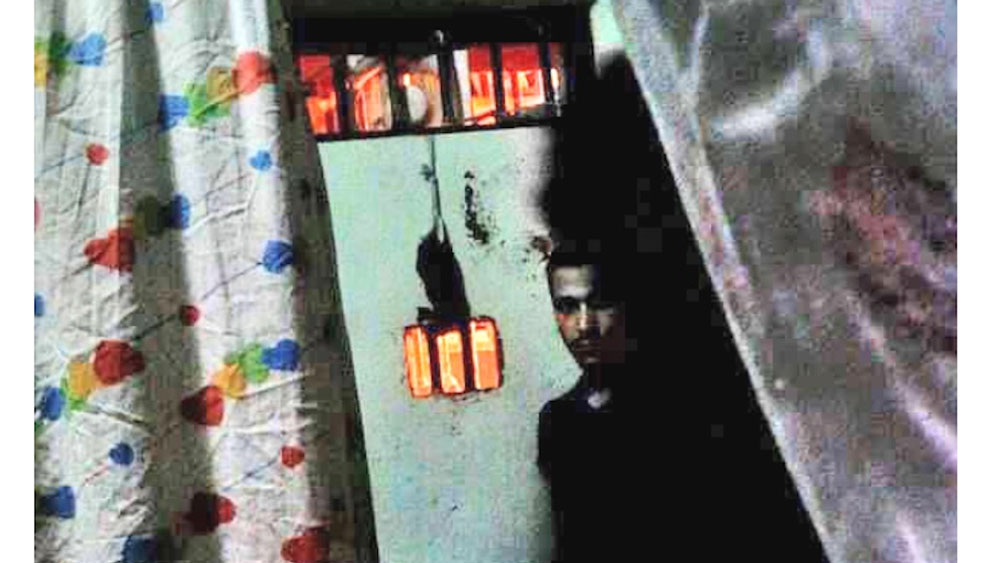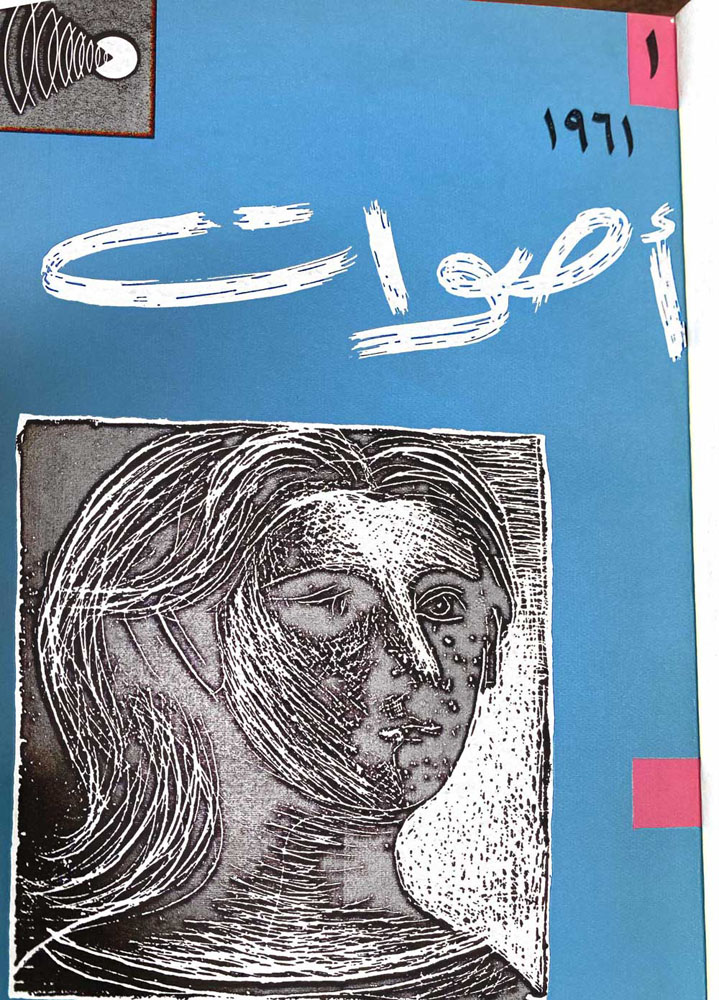A new poem in translation from Egyptian poet Mohsen Mohamed’s debut collection, published in 2020:
By Mohsen Mohamed
Translated by Sherine Elbanhawy
I am the son of my father and Uncle Amir,
I am the son of the soil and son of the plough
a collective sum in an individual’s heart
melting into the people’s wounds
my agonies the pulse of this land
I am the son of my father and Uncle Amir,
because he taught me to be a sculptor
and sculpt from the darkness of the night
a luminous horse with my chisel.
I am the son of my father and Uncle Amir,
my companion, my friend, my colleague
because I wore his glasses.
He diluted me in his sorrows—
because his embraces warmed me
on internment’s cold nights,
his gaze was a duvet of love on the sleepers
and on those sharing blankets to sleep on the floor.
He says there is still goodness in this life, as long as there’s charity
among the poor for the poor
singing who hands and who receives.
My son, he said, bitterness is past
there’s only what’s left—
his sweet laughter reflects on his cheeks.
Hey, you know what, Uncle Amir, my friend,
I am like Egypt in chains, with her pennies
living on a gasp of air when
hungry and the coins are scarce,
poor like me. When
their palms gripped our necks
and our souls suffocated from a hundred chokes
we relax and stretch our bodies—
an inch or a handspan in her prison.
Like me, happy and sad
she cries during mute nights and we laugh
when someone asks, we say:
With God’s grace, we get by.
I’m like Egypt in chains
I look like my father in the picture,
with his worries and his suffering,
our hopes walked slowly at first
but now they’ve ceased, seeing
our pain remains as long as there’s life on earth.
But we are different from each other
in our suffering and its understanding.
My father hasn’t shed a tear
he leaves it—if it deviates
he balances it—if it is fair
he said, it changes the meaning of our existence
fluctuates or balances—
what does it matter if the world is unjust.
Even when it’s fair
an unshed tear in a child’s eye
is unable to change the lies of this world
his laughter will vanish and reappear
as my eyes adjust
then it appears suddenly unexpectedly
as if the sun had risen
he would rise alone
hum the melody of his moans
to the rhythm of his pain, his violin strings churned
he was Sufi in his love of birds and its spiritual soliloquies
but he neither walked nor stopped at night
he danced his despair on the stairs
then stood and clapped.
He didn’t stop nor hobble on hope’s bridge, he crossed over
And he inherited my grandfather’s stoop
and the spirit of a toddler delighted at his first first steps
which he imitated on his cane.
Hey Amir, prince of princes, I also
limp along
except from afar I glimpse
the traits of the star or her moon
so I hobbled on hope, even hopped on one foot
as I continued to walk all the way to the end.
I never said that turning back would be easier—
my despair sidetracked me, so I’m delayed.
I’m not in a hurry with you all.
Hey Amir, I’m being patient.
We will sculpt the horse with bells
that ring in the dawn and sing
we will still lean on hope, and push on
behind her moon in a cell.
We will sculpt the mare with feeling
our heartbeats filled with life,
despite poverty and want,
mouthfuls scraped from the bowl.
I’ll pass by each of you
share my smile out fairly
my poetry to the people.
Amir, tell my father Fouad*
and I’ll sing and definitely say: Hey, guys:
‘Rays of light aren’t surrounded by guards.’
* Fouad Haddad, father of all the poets, and poetic father of author. Title and line inspiration from his poetry
Also read Mohamed’s “On the Bursh After Dinner,” also translated by Sherine Elbanhawy



